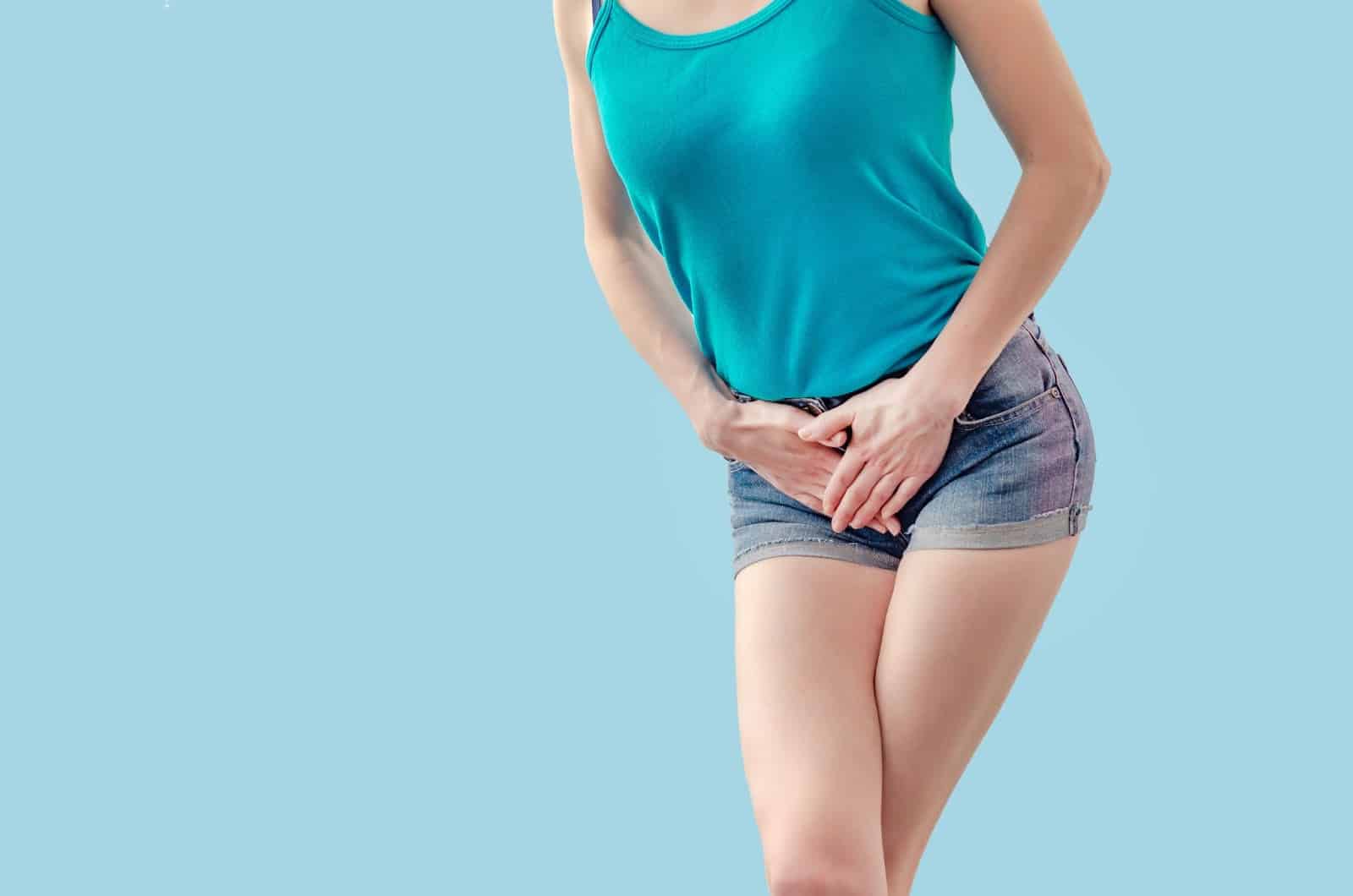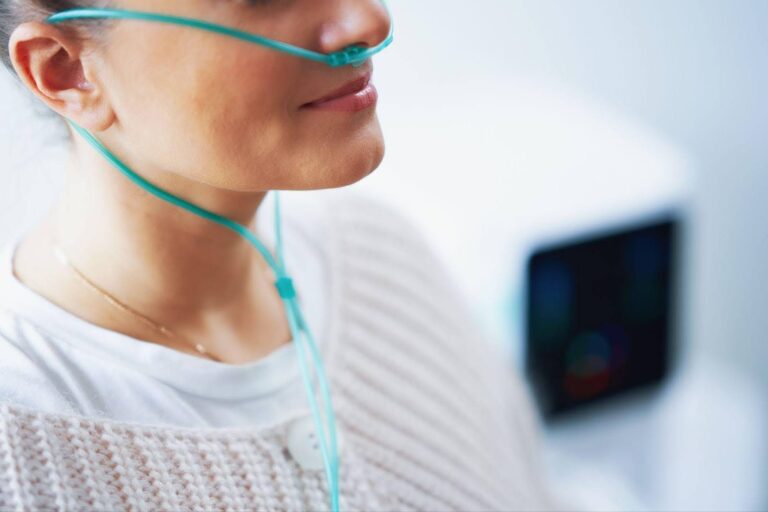Living with incontinence poses a unique set of challenges that millions of women navigate daily. Often whispered about but seldom discussed openly, this prevalent health issue touches on more than physical symptoms; it affects one’s emotional and social life profoundly.
Yet, acknowledging and addressing incontinence can turn a seemingly isolating condition into an empowered, manageable aspect of life.
For many women, the onset of incontinence may feel like an abrupt disruption, imposing unexpected changes to their daily routine and self-confidence. It’s a condition that doesn’t discriminate, affecting women across various life stages, from postpartum to postmenopausal.
Each woman’s experience with incontinence is as unique as her life story, but the common thread lies in the quest for dignity and normalcy amidst managing symptoms.
Fortunately, today’s advancements in health and wellness offer more than simply hope — they provide practical solutions.
Understanding how to manage incontinence effectively can restore physical control and a sense of normalcy and confidence. This article explores tangible ways in which women with peeing issues will reclaim their lives, highlighting the fusion of technology, strategy, and community support that makes thriving possible despite the challenges of incontinence.
Understanding incontinence
Incontinence, the loss of bladder control, is a common issue that affects millions of women worldwide. It ranges from mild, occasional leaks when coughing or sneezing, to having a strong, sudden urge to pee that is hard to control.
Many factors contribute to incontinence, including childbirth, menopause, and the natural aging process. Recognizing that this condition is not a normal part of aging but a treatable medical issue is the first step toward taking control.
Lifestyle adjustments
One of the most effective ways to manage incontinence is through lifestyle adjustments. Maintaining a healthy weight reduces pressure on the bladder and surrounding pelvic muscles.
Regular physical activity, especially pelvic floor exercises, strengthens the muscles that help control urination. Limiting caffeine and alcohol, which irritates the bladder, also helps minimize symptoms.
Diet and hydration
What you eat significantly impacts your ability to manage incontinence. Spicy foods, citrus fruits, and artificial sweeteners should be consumed in moderation, as they may aggravate the bladder.
It’s essential to stay hydrated, but balancing fluid intake throughout the day will help manage the urge to urinate frequently. Drinking enough water helps reduce bladder irritation, making it less likely to overreact.
Bladder training
Bladder training is a technique for women with peeing issues that involves delaying urination after feeling the urge to go. Start by waiting a few minutes and gradually increase the time.
Scheduled bathroom visits, about every two to four hours, prevent the bladder from becoming too full or overly irritable. This method helps retrain the bladder to hold urine better and reduce leaks.
Incontinence products
A wide range of incontinence products help women manage symptoms discreetly. Absorbent pads and underwear designed specifically for incontinence can absorb leaks effectively and neutralize odors. Women should choose products that fit their specific needs, providing comfort and confidence throughout the day.
In addition to pads and special underwear, external devices like urethral inserts and pessaries offer physical barriers to prevent leaks. These devices are particularly useful during physical activities that increase abdominal pressure, such as exercising or heavy lifting.
Active women who need reliable solutions that integrate seamlessly with their lifestyles may remove and use these devices as needed, offering a flexible option.
Medical treatments
For those battling incontinence, various medical treatments are available. Medications can increase bladder capacity and reduce the urgency to urinate.
Non-surgical treatments like nerve stimulation and biofeedback help improve pelvic floor muscle function. For severe cases, surgical options might be considered, such as sling procedures that provide support to the urethra.
Estrogen therapy can be a viable option for post-menopausal women battling incontinence. This treatment helps to replenish estrogen levels that support the health and functionality of the urinary tract tissues, potentially reducing the frequency of leaks.
Lifestyle interventions, such as managing fluid intake and bladder training exercises, often complement these medical treatments, enhancing their effectiveness and providing women with a comprehensive management plan tailored to their specific conditions and lifestyle.
Emotional support
Battling incontinence affects mental health, leading to embarrassment, anxiety, and social isolation. Seeking support from family, friends, or support groups where experiences are shared can be incredibly comforting. Counseling or therapy may also be
beneficial, providing strategies to cope with the emotional challenges of incontinence.

Staying informed
Educating oneself about the types of incontinence and their causes can demystify the condition and reduce anxiety around it. Knowledge is power, and understanding the body’s functions helps women advocate for themselves in medical settings.
Many resources and organizations dedicate themselves to helping women with peeing issues by providing information and support.
Let’s take a look at a quick recap
Embracing a life with incontinence demands courage and a proactive mindset, yet it is far from a solitary battle. Across the globe, countless women are rewriting their narratives to include both the challenges and victories associated with incontinence.
By relying on modern medicine, community support, and personal resilience, women find that their condition does not define them — it empowers them.
With each strategy implemented, from dietary adjustments to innovative treatments like the Emsella chair, women gain layers of confidence.
This confidence permeates all aspects of life, allowing women to engage more fully with their families, pursue careers, and enjoy social outings without the shadow of incontinence looming overhead. Every small victory improves quality of life and strengthens the collective voice in breaking the stigma surrounding this condition.
Thus, living confidently with incontinence is not merely about managing physical symptoms but about nurturing a mindset of empowerment and advocacy. It’s about transforming challenges into opportunities for growth and leadership in the conversation on women’s health.
As more women step forward to share their experiences and solutions, they light a path for others to follow, proving that life with incontinence can be lived on one’s terms, boldly and without compromise.
Let iVee Restorative Care guide you through incontinence concerns
At iVee Restorative Care, we dedicate ourselves to empowering individuals with innovative health solutions that enhance quality of life. Specializing in advanced incontinence care, we offer the revolutionary Emsella treatment, a state-of-the-art solution for those struggling with pelvic floor dysfunction.
Utilizing High-Intensity Focused Electromagnetic (HIFEM) technology, our Emsella sessions activate deep pelvic floor muscles to regain control and strength without invasive procedures.
Our approach with the Emsella chair is simple yet highly effective. Each session triggers thousands of supramaximal contractions in the pelvic floor muscles, essential for re-educating and strengthening these muscles to effectively combat incontinence.
The beauty of this treatment lies in its simplicity: it requires no physical effort from you and preserves your dignity as you remain fully clothed. Choosing iVee Restorative Care for your incontinence treatment means opting for a non-invasive, pain-free solution backed by scientific research.
A remarkable 95% of our patients have reported significant improvements in managing incontinence and overall quality of life. We invite you to join the multitude of satisfied individuals who have reclaimed their confidence and lifestyle through our expert care.
Trust iVee Restorative Care to provide compassionate, effective treatment options that allow you to live your best life without compromise.


